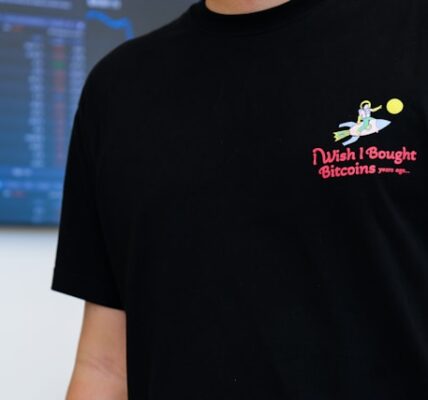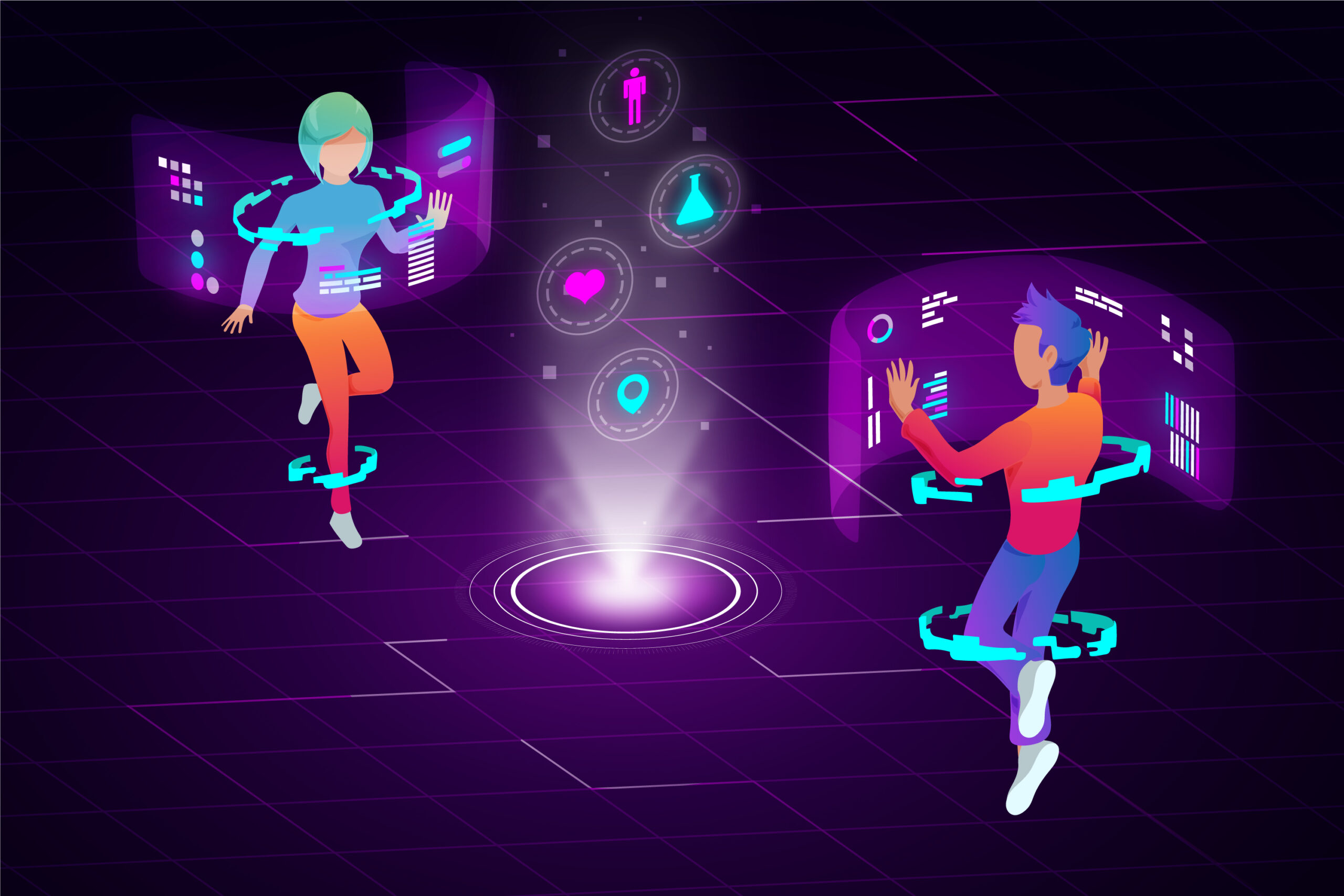The gaming industry has undergone numerous transformations over the decades, but few have been as revolutionary as the advent of NFT (Non-Fungible Token) gaming. NFTs have introduced a new paradigm where players can truly own, trade, and monetize in-game assets. As we look ahead to the next decade, several trends and predictions suggest that NFT gaming will continue to evolve and reshape the industry. In this article, we’ll explore these trends and offer insights into what the future holds for NFT gaming.
The Rise of Play-to-Earn (P2E) Models
One of the most significant trends in NFT gaming is the play-to-earn (P2E) model, where players earn rewards for their in-game activities. This model has already gained traction with games like Axie Infinity and The Sandbox. In the next decade, we can expect P2E models to become more sophisticated and widespread.
- Integration with Real Economies: Future P2E games will likely integrate more deeply with real-world economies, offering players additional ways to earn and spend their in-game rewards. This could include partnerships with retail brands, enabling players to use their earnings to purchase real-world goods and services;
- Enhanced Reward Structures: Games will develop more complex and rewarding mechanisms, encouraging long-term engagement and skill development. Rewards will not only be based on gameplay but also on community contributions and creative endeavors within the game.
Evolution of In-Game Economies
In-game economies will become more complex and realistic, driven by blockchain technology and decentralized finance (DeFi) principles.
- Dynamic Pricing and Supply Chains: The next decade will see the implementation of dynamic pricing models and supply chains within games. This will create more realistic and engaging economic environments where player actions can influence market conditions;
- Decentralized Marketplaces: Decentralized marketplaces will become the norm, allowing players to trade assets freely without relying on centralized platforms. This will enhance transparency and reduce transaction fees, making it easier for players to monetize their assets.
Cross-Game Interoperability
Interoperability between different games and platforms will become increasingly important, allowing players to use their NFTs across multiple games and virtual worlds.
- Universal Standards: The development of universal standards for NFTs will facilitate interoperability. This means that an item acquired in one game could be used or traded in another, creating a seamless gaming experience across different platforms;
- Partnerships and Collaborations: Game developers will form partnerships to enable cross-game functionality, enhancing the value and utility of NFTs. This will encourage players to invest more in their digital assets, knowing they can be used in various contexts.
Enhanced Player Governance
Decentralized Autonomous Organizations (DAOs) will play a crucial role in the governance of NFT games, giving players more control over game development and decision-making processes.
- Community-Driven Development: Players will have a say in game updates, rule changes, and new features through voting mechanisms. This will create a more engaged and loyal player base;
- Revenue Sharing: Games will implement revenue-sharing models where players who contribute to the game’s success receive a portion of the profits. This will further incentivize active participation and community building.
Advancements in Blockchain Technology
The underlying blockchain technology powering NFT games will continue to evolve, addressing current limitations and unlocking new possibilities.
- Scalability Solutions: Innovations in scalability, such as layer-2 solutions and sharding, will make blockchain networks faster and more efficient, reducing transaction costs and improving user experience;
- Improved Security: Advances in cryptography and security protocols will make blockchain networks more secure, protecting players’ assets and personal information from hacks and fraud.
Immersive and Interactive Experiences
The next decade will see the convergence of NFTs with other emerging technologies, such as virtual reality (VR), augmented reality (AR), and artificial intelligence (AI), creating more immersive and interactive gaming experiences.
- Virtual Reality Integration: VR technology will bring NFT games to life, offering players a fully immersive experience where they can interact with their digital assets in a virtual environment;
- Augmented Reality Enhancements: AR will enable players to bring their NFTs into the real world, blending digital and physical experiences in innovative ways;
- AI-Powered NPCs: AI will enhance non-player characters (NPCs) in NFT games, making them more responsive and lifelike, thus enriching the overall gaming experience.
Sustainability and Environmental Impact
As the environmental impact of blockchain technology becomes a growing concern, the gaming industry will adopt more sustainable practices.
- Eco-Friendly Blockchains: Developers will increasingly use eco-friendly blockchain networks that consume less energy, such as Proof-of-Stake (PoS) and other sustainable consensus mechanisms;
- Carbon Offsetting: Game companies will invest in carbon offsetting initiatives to neutralize their environmental footprint, appealing to environmentally conscious players.
Social and Cultural Impact
NFT gaming will continue to influence social and cultural dynamics, creating new forms of community and social interaction.
- Global Communities: NFT games will foster global communities, bringing together players from diverse backgrounds to collaborate and compete. This will promote cultural exchange and understanding;
- Virtual Economies and Societies: As virtual economies grow, they will begin to mirror real-world societies, with complex social structures, professions, and economies. Players will take on roles such as virtual architects, artists, and traders, contributing to a vibrant digital society.
Regulation and Legal Considerations
The rapid growth of NFT gaming will attract regulatory attention, leading to the development of new laws and guidelines.
- Consumer Protection: Governments will implement regulations to protect players from fraud, ensure fair play, and safeguard their investments in digital assets;
- Taxation and Compliance: Players and developers will need to navigate new tax regulations and compliance requirements, as governments seek to regulate and tax digital transactions.
Conclusion
The future of NFT gaming is bright, filled with innovation and opportunities. As blockchain technology evolves and integrates with other emerging technologies, the gaming industry will undergo a profound transformation. Players will enjoy more immersive experiences, greater control over their digital assets, and new ways to earn and interact. By staying informed and adaptable, gamers and developers alike can thrive in this exciting new era of gaming.






